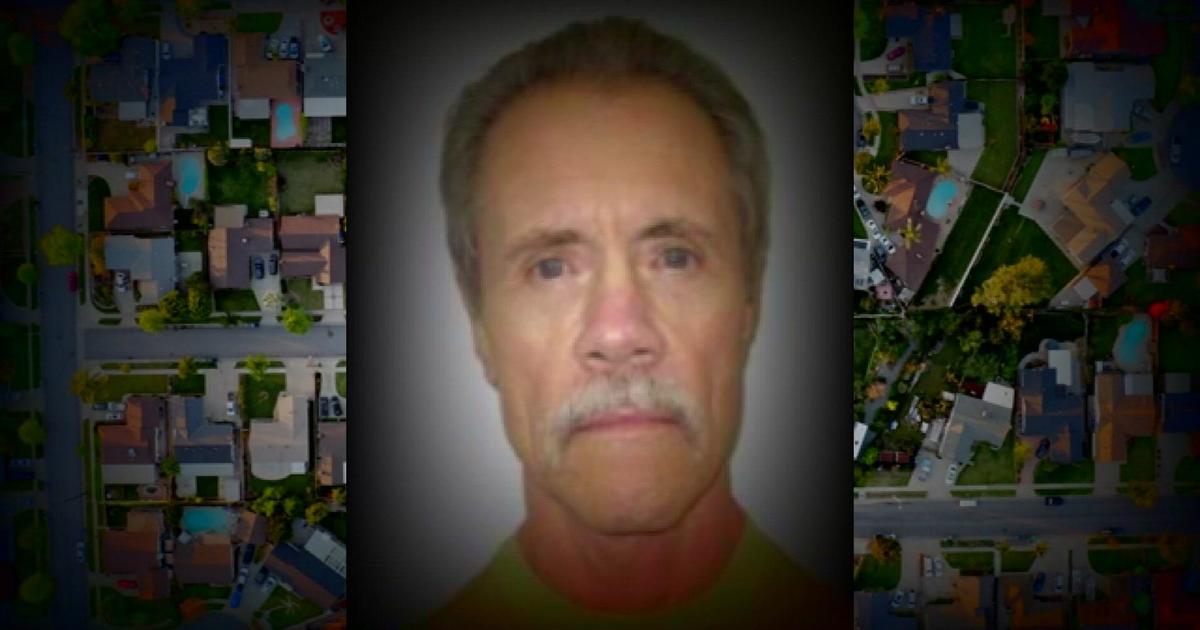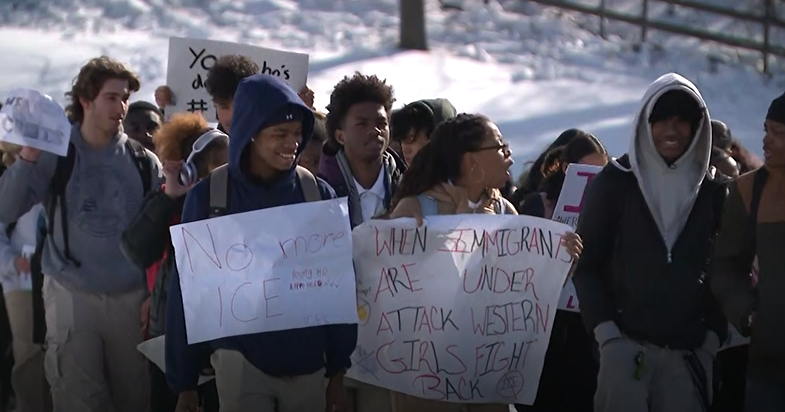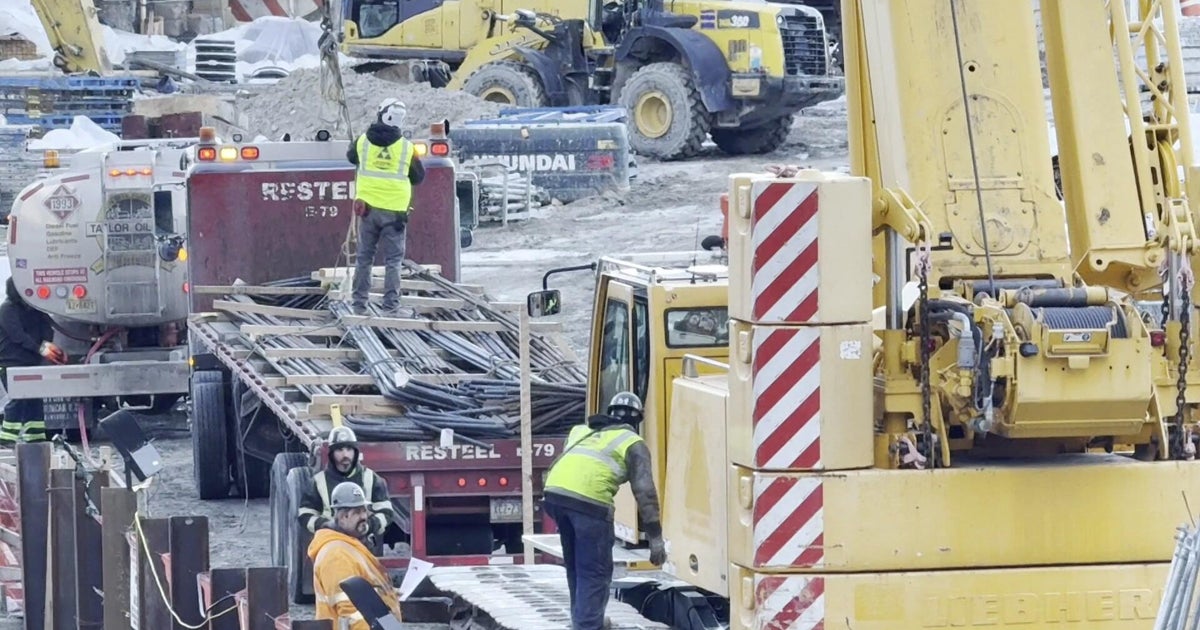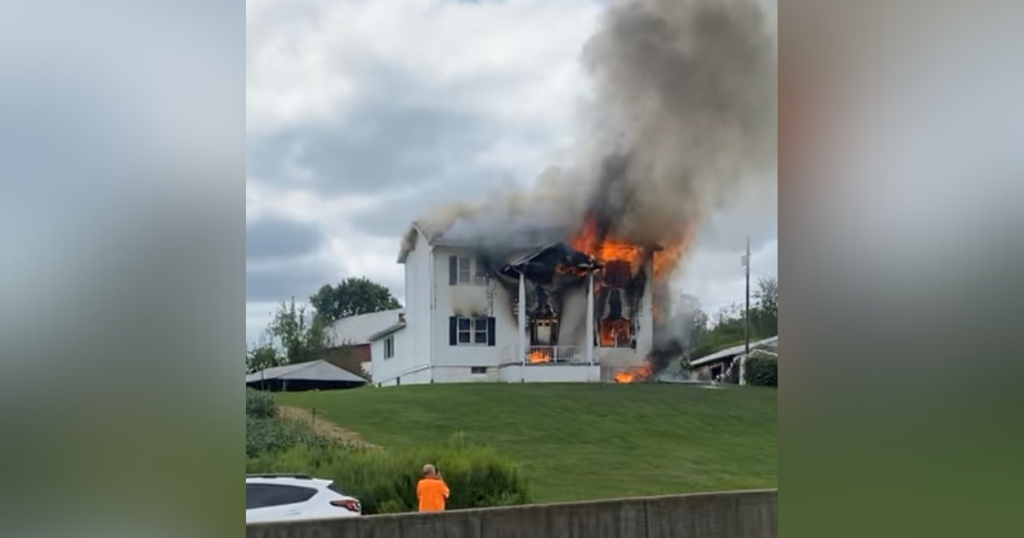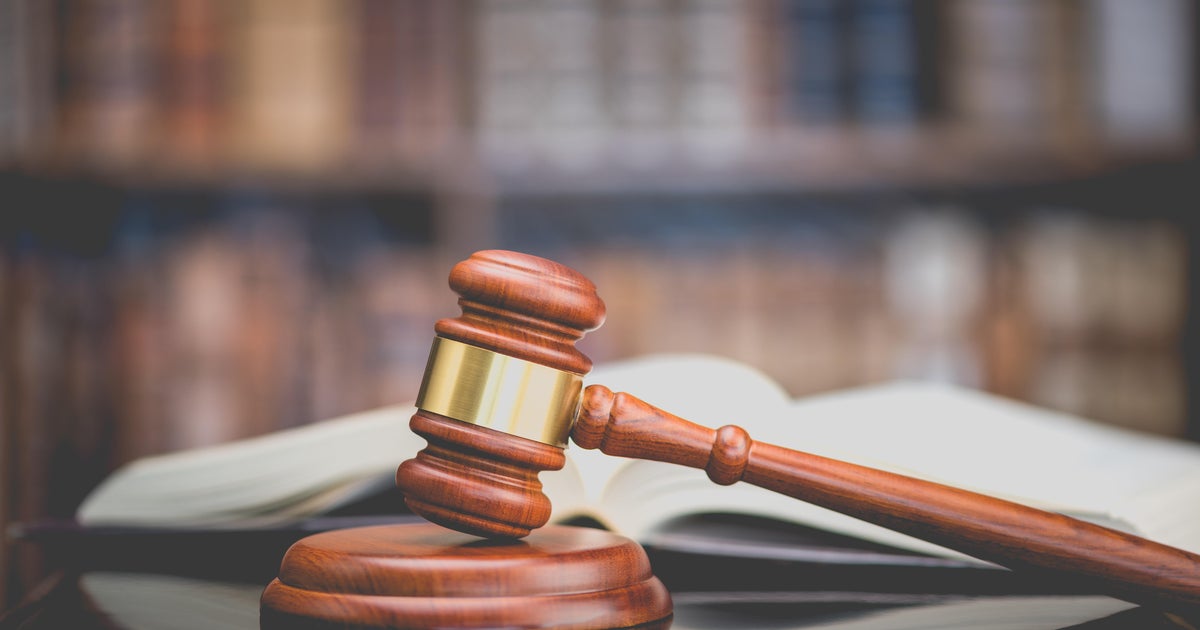Judge: Occupy D.C. Must Get Notice Before Eviction
WASHINGTON (AP) -- A federal judge said Tuesday that the U.S. government must notify Occupy D.C. protesters if it intends to evict them from a downtown Washington park and remove their tents and other belongings.
The decision from U.S. District Judge James Boasberg means the protesters, part of one of the last major Occupy encampments, would have an opportunity to challenge any eviction beforehand.
Officials have not said when or if they will clear the park of protesters, though a lawyer for the federal government said in court Tuesday that she was unaware of any imminent plans to do so.
The judge's ruling came in a response to a request filed before the National Park Service on Monday began enforcing a ban on camping at the site, McPherson Square. Though protesters seemed prepared for a confrontation on Monday, the U.S. Park Police did not forcibly clear the park and instead issued written reminders that camping with blankets, pillows and other bedding materials is prohibited.
Some demonstrators have left, but a few dozen others remain.
The park service oversees the federally owned land where protesters have gathered. The agency contends that protesters are allowed to maintain 24-hour-long vigils on its grounds, just not camp there.
A U.S. Park Police spokesman, David Schlosser, also said Tuesday that police would not forcibly evict protesters who were adhering to the camping regulations. Police in New York and other cities have cleared parks of overnight Occupy protesters in the last couple of months.
"So long as people are complying with the regulations, they're not going to be subject to arrest or seizure of properties," said Schlosser, who was not aware of any citations that have been issued.
Park Police would be permitted to clear the park without notice if there's an emergency or urgent health concern. Mayor Vincent Gray and D.C. health officials have expressed concern about a rat infestation at McPherson Square and other sanitation problems, with the mayor suggesting that the demonstrators relocate to Freedom Plaza, another federal space that's been occupied by protesters.
It's not clear what the next step will be for the park service, whose relatively permissive approach contrasts with the more aggressive tactics used in other locations where demonstrators have occupied city- or privately owned space.
Assistant U.S. Attorney Marina Braswell said authorities did not plan to seize the tents of protesters who are complying with the camping ban and other laws.
Jeffrey Light, a lawyer who is representing two of the protesters and is seeking class action status for his case, argued
that the park service does not have clear standards for deciding when and how to seize tents and how to ensure that confiscated belongings are returned to their owners. But Braswell said those concerns were hypothetical.
"The plaintiffs have supplied no evidence that anyone has tried to get property back from the Park Police and has been unable to do so," she said.
Protesters appeared to expect a confrontation after the park service announced on Friday that it would enforce the camping ban, effective noon Monday. A protesters' sign advertised a "High Noon" showdown, though that never happened. The demonstrators placed a blue tarp over most of a statue of Major Gen. James McPherson, a Union general in the Civil War for whom the park is named, and gathered beneath the tent.
But no confrontation materialized and police made no move to clear the site.
Questioned by House subcommittee members last week about the latitude that's been extended to protesters, NPS director Jonathan Jarvis cited other examples of long-running vigils on park service property in the nation's capital.
These include a sit-in by farmers with tractors on the National Mall in 1979 and an ongoing one-person, 30-year vigil against nuclear proliferation in Lafayette Square across from the White House.
(Copyright 2012 by The Associated Press. All Rights Reserved.)

